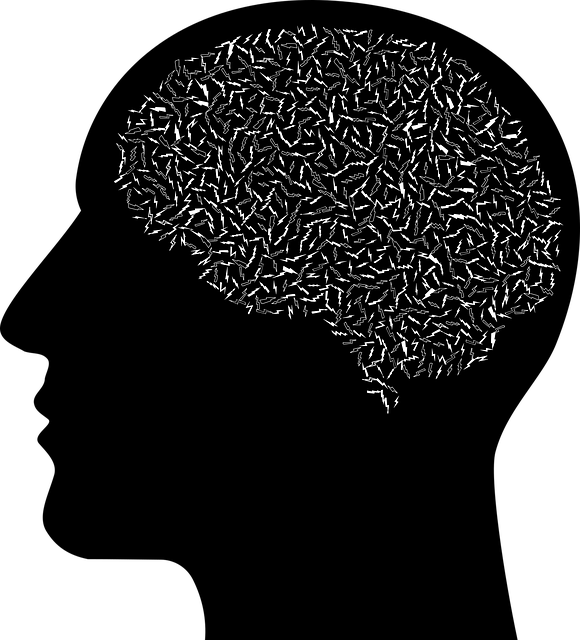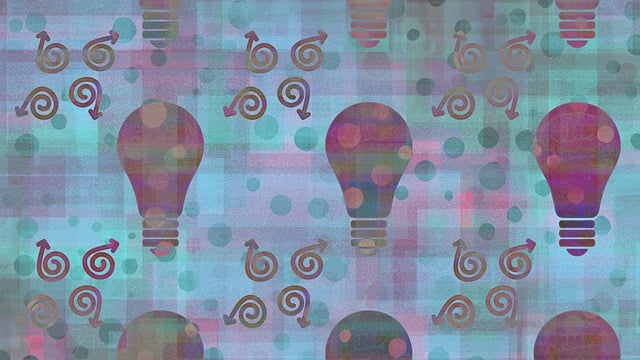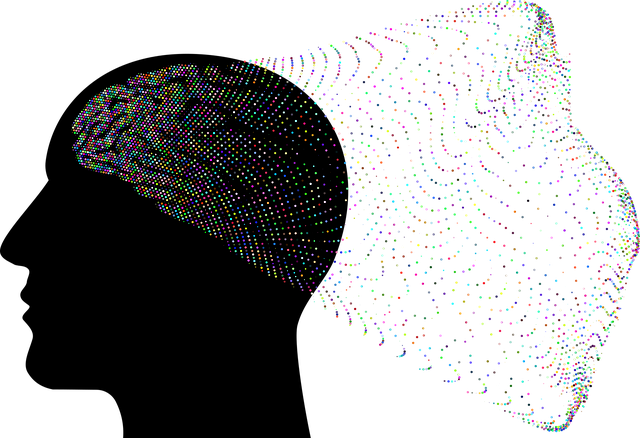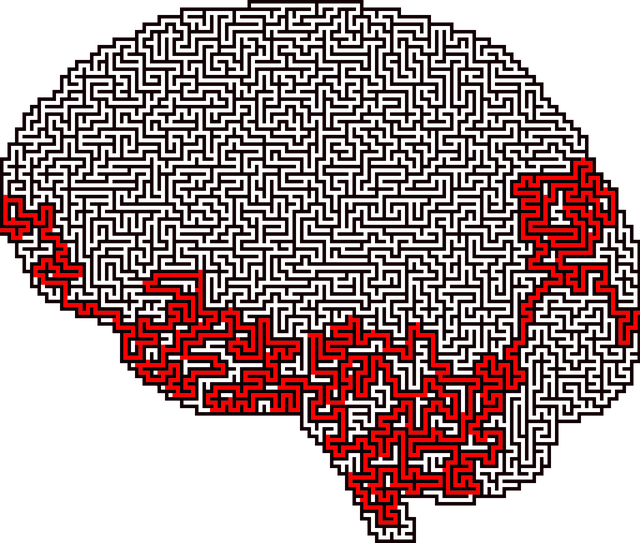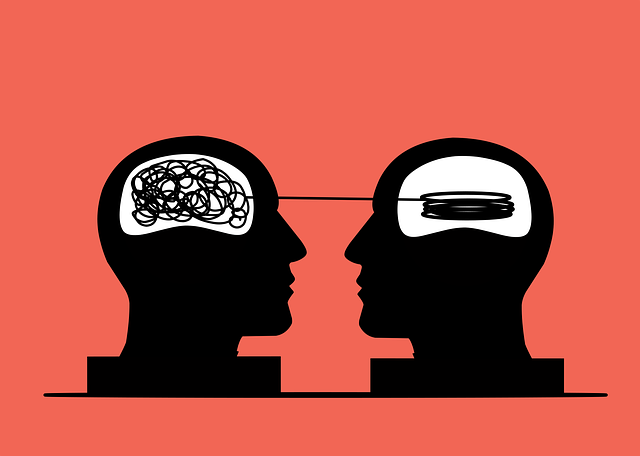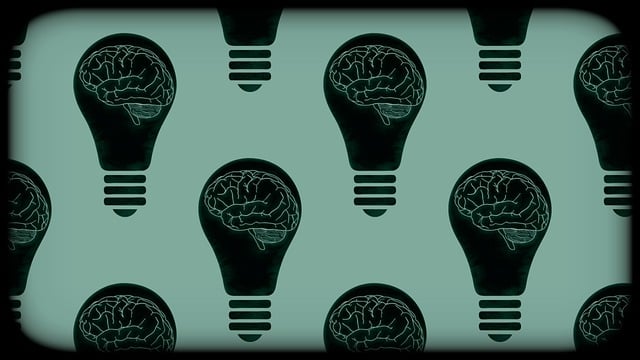Aurora Couples Communication Issues Therapy leverages data analysis and advanced technology to understand and address emotional challenges within relationships. By analyzing dialogue patterns, cultural competency training, mindfulness meditation, and well-being journaling from diverse sources, therapists gain insights into communication hotspots, develop tailored interventions, and foster inclusive environments. This holistic approach enhances therapy effectiveness, supports mental health professionals' well-being, and ultimately strengthens relationships through informed strategies and personalized support.
Mental health data analysis is a powerful tool for understanding complex human behaviors and improving therapeutic outcomes. This article delves into the intricacies of analyzing communication patterns in therapy sessions, leveraging advanced techniques to interpret insights from mental health data. We explore various sources and methods, focusing on how tools like Aurora can revolutionize couples therapy by addressing communication issues. By understanding trends and gains, therapists can tailor treatments for better patient engagement and successful outcomes.
- Understanding Mental Health Data: Collection and Sources
- Analyzing Communication Patterns in Therapy Sessions
- Interpreting Outcomes: Identifying Trends and Insights
- The Role of Aurora in Couples Therapy and Communication Issues
Understanding Mental Health Data: Collection and Sources

Understanding Mental Health Data is a pivotal step in navigating the complexities of human psyche and emotional well-being. This data, often collected through various methods like surveys, clinical assessments, and electronic health records, offers a glimpse into the prevalence and nature of mental health issues within populations or specific demographics. For instance, Aurora, a city known for its vibrant culture, can benefit from analyzing mental health trends to identify potential hotspots of communication issues among couples seeking therapy. This data-driven approach allows professionals to tailor interventions, ensuring that services are accessible and effective.
The sources of such data include not only private practices and hospitals but also public awareness campaigns and community outreach programs. The Risk Assessment for Mental Health Professionals is a critical aspect often incorporated into these collections, aiming to predict and mitigate risks within the industry. Furthermore, increasing Public Awareness Campaigns Development can significantly contribute to gathering first-hand accounts and self-reported experiences, enhancing the richness of mental health data. This collective effort not only improves Mental Health Awareness but also paves the way for more informed decisions and policies in support of emotional well-being.
Analyzing Communication Patterns in Therapy Sessions

In the realm of Aurora Couples Communication Issues Therapy, meticulously analyzing communication patterns emerges as a powerful tool for mental health professionals. By studying the dialogue dynamics within therapy sessions, healthcare providers can gain profound insights into the emotional and psychological landscape of their clients. This involves recognizing not just the words exchanged but also the underlying sentiments, non-verbal cues, and thematic threads that emerge over time. Through this nuanced approach, therapists can identify recurring issues, better understand cultural influences on communication, and tailor interventions accordingly.
For instance, the integration of Cultural Competency Training for healthcare providers plays a pivotal role in interpreting these patterns. Recognizing and respecting diverse cultural perspectives enables therapists to create a safe and inclusive environment, encouraging open and honest expression. Additionally, Mental Wellness Journaling Exercise Guidance and Mindfulness Meditation techniques can offer clients valuable tools to reflect on their communication styles and foster healthier interactions both within the therapy room and beyond.
Interpreting Outcomes: Identifying Trends and Insights

When analyzing mental health data from sessions involving Aurora Couples Communication Issues Therapy, the process extends beyond raw numbers and statistics. Interpretive analysis is key to identifying trends and valuable insights that can guide therapy strategies. By examining patterns in client demographics, presentation of issues, and therapeutic outcomes, therapists can gain a deeper understanding of what works best for different couples facing communication challenges. This knowledge allows for tailored interventions, ensuring that each couple receives the most effective support.
For instance, data might reveal that certain conflict resolution techniques, like those taught in Stress Management Workshops Organization, are particularly successful in addressing self-esteem improvement within specific age groups or couples with particular relationship durations. Such insights can inform therapy sessions, enabling therapists to incorporate these proven strategies more effectively. Through rigorous data interpretation, Aurora Couples Communication Issues Therapy can continually evolve, enhancing its ability to foster healthy communication and resolve conflicts within relationships.
The Role of Aurora in Couples Therapy and Communication Issues

In the realm of couples therapy, Aurora stands as a game-changer, offering innovative tools to navigate and resolve communication issues. This technology facilitates deeper understanding between partners by analyzing patterns in their interactions, helping therapists identify underlying conflicts and emotional barriers. By leveraging data-driven insights, therapists can tailor their approach, ensuring more effective interventions. For instance, Aurora’s ability to track non-verbal cues and tone of voice during therapy sessions allows for a nuanced grasp of each partner’s emotional state, which is crucial in addressing communication breakdowns.
Communication issues often stem from burnout, a prevalent concern among healthcare providers, including therapists. Implementing mindfulness meditation and coping skills development as burnout prevention strategies can significantly enhance the quality of care provided. Aurora can play a supportive role here by offering post-session reflections and identifying areas where practitioners might benefit from personal growth exercises. This holistic approach not only improves therapist resilience but also positively impacts their ability to support couples in their journey towards better communication and relationship health.
Mental health data analysis is a powerful tool for therapists, enabling them to gain valuable insights into client communication and treatment outcomes. By examining patterns within therapy sessions, professionals can identify trends that may indicate specific issues or successful strategies. This approach, enhanced by innovative technologies like Aurora, plays a pivotal role in couples therapy, particularly when addressing communication problems. Through data-driven interpretation, therapists can tailor their methods to individual needs, fostering more effective and targeted interventions for improved mental well-being.

